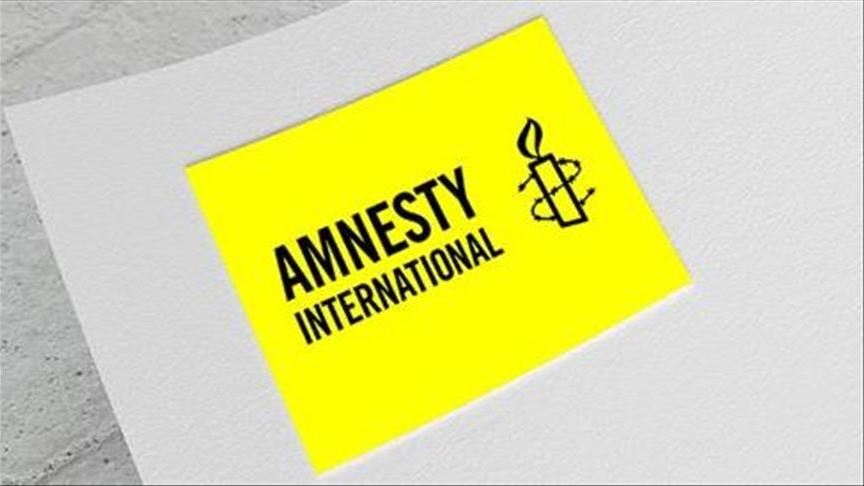Amnesty slams India over Kashmir move
India's unilateral move to revoke Kashmir's special status to increase risk of further human rights violations, says Amnesty

NEW DELHI, India
Amnesty International India on Monday criticized the revocation of the special status of the northern Indian state of Jammu and Kashmir.
In a statement, the international rights group said New Delhi's unilateral decision to revoke Article 370 of the Constitution without consulting the state's inhabitants was likely to inflame prevailing tensions, alienate the local population and increase the risk of further human rights violations amidst a complete clampdown on civil liberties and communications blackout.
Amnesty International India chief Aakar Patel said the additional deployment of "thousands of security forces", a blanket blockade of telephone and internet services and restrictions on peaceful assembly already "pushed the people of J&K to the edge."
"To make matters worse, key political stakeholders have been placed under house arrest," he said, underlining that important decisions were being made by the parliament absent consultation with the local people.
Article 370 guarantees special autonomy to the state of Jammu and Kashmir and provides independence over administrative matters excluding foreign affairs, defense and communication. The article was seen as an essential provision to maintain the democratic relationship between India and Jammu & Kashmir.
The central government also proposed to break up the state in two separate territories, which would give it an enhanced role in governance, said the rights group.
The revocation of Article 370 is expected to cause unrest and wide scale protests in the state. So far, the government’s response to dealing with protests in the state has been heavy-handed and led to gross human rights violations such as blinding, killing and traumatizing people over the past few years, said Amnesty International, adding that while authorities had the right to maintain public order, they must respect the right of the people to protest peacefully.
The statement added: "Blanket and indefinite suspensions of telecommunications services in J&K [Jammu and Kashmir] are also not in line with international human rights standards. These shutdowns affect the ability of people in Kashmir to seek, receive, and impart information, which is an integral part of the right to freedom of expression."
"An end to the abuses in J&K cannot come without the involvement of its people," underlined Aakar Patel.
India on Monday moved to scrap the special status granted to the country’s only Muslim-majority state .
Since 1947, Jammu and Kashmir enjoyed special provisions to enact its own laws. The special provision also protected its citizenship law that disallowed outsiders to settle and own land in the territory.
The Himalayan region is held by India and Pakistan in parts and claimed by both in full.
Since they were partitioned in 1947, the two countries have fought three wars -- in 1948, 1965 and 1971 -- two of them over Kashmir.








